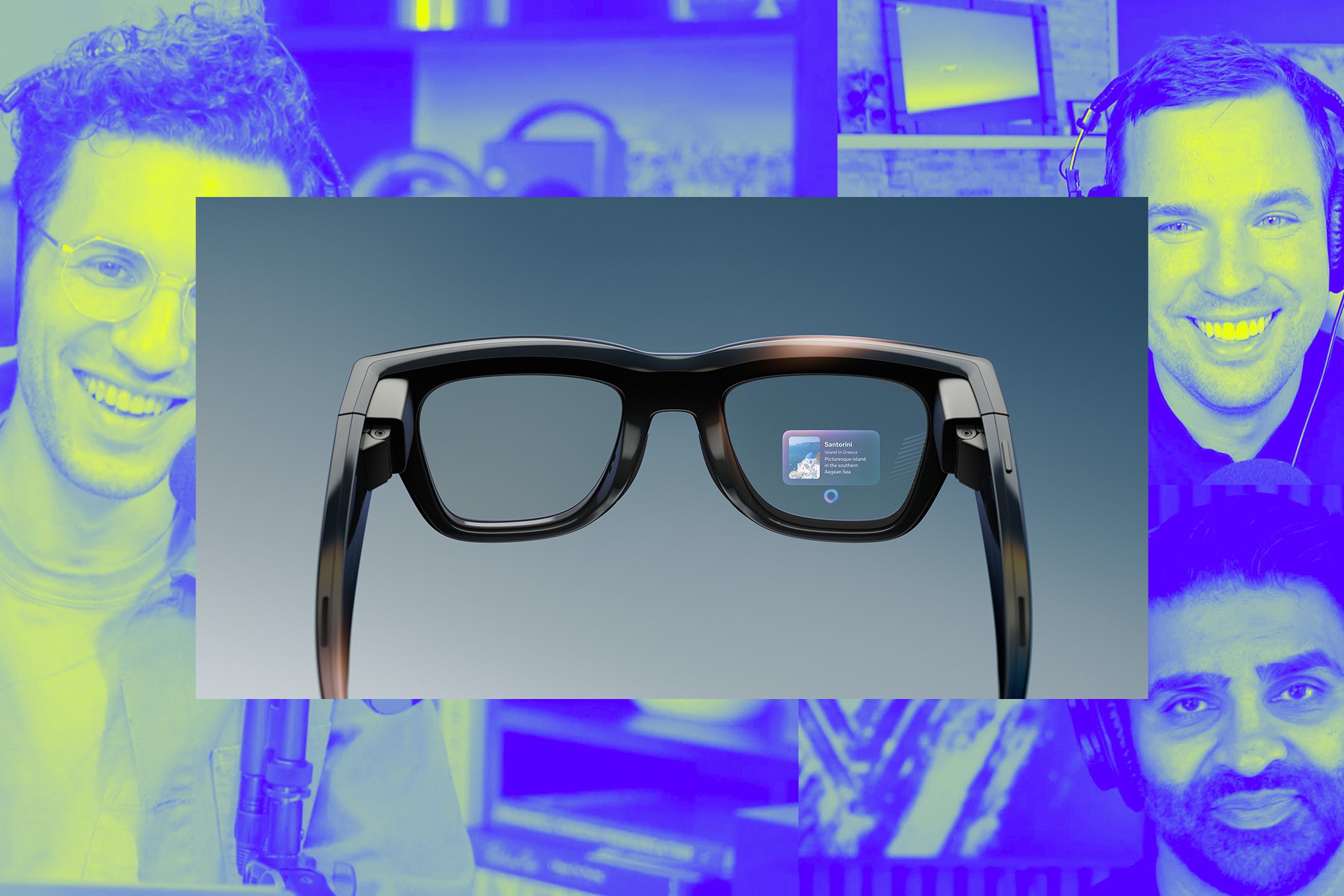
openai might be developing a smart speaker OpenAI is reportedly exploring the development of a range of AI-powered devices, including a smart speaker, glasses, a digital voice recorder, and a wearable pin, in collaboration with former Apple chief design officer Jony Ive.
openai might be developing a smart speaker
Emerging Details on OpenAI’s Hardware Ambitions
Recent reports from The Information have shed light on OpenAI’s potential foray into hardware, indicating that the company is working closely with Jony Ive to create a lineup of innovative devices. One of the first products under consideration is described as a smart speaker without a display, a departure from traditional smart speakers that typically feature screens for visual interaction. This device is expected to be pocket-sized and contextually aware, aligning with the vision articulated by OpenAI CEO Sam Altman.
Partnership with Key Manufacturers
To bring these devices to market, OpenAI has reportedly secured a contract with Luxshare, a prominent player in Apple’s supply chain, known for assembling products like iPhones and AirPods. Additionally, OpenAI has approached Goertek, another supplier that assembles AirPods, HomePods, and Apple Watches. This strategic partnership with established manufacturers indicates OpenAI’s commitment to leveraging existing expertise in hardware production to ensure high-quality devices.
The collaboration with Luxshare and Goertek not only highlights OpenAI’s ambition but also underscores the company’s intention to tap into Apple’s robust supply chain network in China. This move could facilitate a smoother production process, allowing OpenAI to focus on innovation while relying on experienced partners for manufacturing.
Product Lineup and Release Timeline
According to sources familiar with the matter, OpenAI is eyeing a release window for its first products in late 2026 or early 2027. This timeline suggests that the company is taking a methodical approach to development, ensuring that each device meets high standards of functionality and design before hitting the market.
Smart Glasses and Other Devices
While the smart speaker is the focal point of the initial product lineup, reports also indicate that OpenAI is considering the development of smart glasses. This is particularly intriguing given that Altman previously stated that the first device would not be eyewear. However, the evolving nature of technology and consumer preferences may have prompted a reconsideration of this stance.
The inclusion of smart glasses in OpenAI’s product roadmap raises questions about the features and capabilities these devices might offer. Given the current landscape of augmented reality (AR) and virtual reality (VR) technologies, OpenAI could potentially integrate advanced AI functionalities into its eyewear, allowing for a seamless blend of digital and physical experiences.
Voice Recorder and Wearable Pin
In addition to the smart speaker and glasses, OpenAI is reportedly exploring the development of a digital voice recorder and a wearable pin. The voice recorder could serve as a tool for capturing conversations and notes, leveraging AI to transcribe and analyze audio in real-time. This could appeal to professionals and students alike, offering a practical solution for enhancing productivity.
The wearable pin, however, presents a more unconventional approach to personal technology. While Jony Ive has previously expressed skepticism about body-worn devices, the concept of a pin suggests a minimalist design that could integrate AI functionalities in a discreet manner. This could open up new avenues for user interaction, allowing individuals to access AI capabilities without the bulk of traditional devices.
Implications for the Tech Industry
The potential development of these devices by OpenAI could have significant implications for the broader tech industry. As AI continues to permeate various sectors, the introduction of consumer-facing hardware could democratize access to advanced AI tools. This shift may encourage other companies to invest in similar technologies, fostering a competitive landscape that prioritizes innovation and user experience.
Reactions from Stakeholders
Reactions from industry stakeholders have been mixed. Some experts view OpenAI’s move into hardware as a natural extension of its software capabilities, while others express caution about the challenges of entering a market dominated by established players like Apple and Google. The success of these devices will depend on OpenAI’s ability to differentiate its offerings and provide unique value to consumers.
Moreover, the collaboration with Jony Ive, a figure synonymous with cutting-edge design, has generated excitement among design enthusiasts and tech aficionados. Ive’s track record at Apple suggests that OpenAI’s devices could prioritize aesthetics and user experience, potentially setting new standards in the industry.
Challenges Ahead
Despite the promising prospects, OpenAI faces several challenges as it embarks on this hardware journey. The tech industry is characterized by rapid advancements and shifting consumer preferences, making it crucial for OpenAI to remain agile and responsive to market demands. Additionally, the company must navigate the complexities of hardware manufacturing, which involves intricate supply chain logistics and quality control measures.
Competition and Market Dynamics
The competitive landscape poses another hurdle for OpenAI. Established players like Apple, Google, and Amazon have a significant head start in the smart device market, with loyal customer bases and extensive ecosystems. OpenAI will need to carve out a niche for its products, potentially focusing on unique AI capabilities that set its devices apart from the competition.
Furthermore, the integration of AI into consumer hardware raises ethical considerations. As AI technologies become more pervasive, concerns about privacy, data security, and user consent will likely come to the forefront. OpenAI will need to address these issues transparently to build trust with consumers and stakeholders.
Future Outlook
As OpenAI continues to develop its hardware strategy, the potential for innovation remains high. The integration of AI into everyday devices could transform how individuals interact with technology, making advanced capabilities more accessible and intuitive. The success of these initiatives will depend on OpenAI’s ability to execute its vision while navigating the complexities of the hardware landscape.
In conclusion, OpenAI’s exploration of a smart speaker, glasses, voice recorder, and wearable pin represents a significant step in the company’s evolution. By leveraging partnerships with established manufacturers and focusing on innovative design, OpenAI aims to create a family of devices that could redefine the consumer technology experience. As the timeline for release approaches, the tech community will be watching closely to see how these developments unfold.
Source: Original report
Was this helpful?
Last Modified: September 19, 2025 at 8:38 pm
0 views















